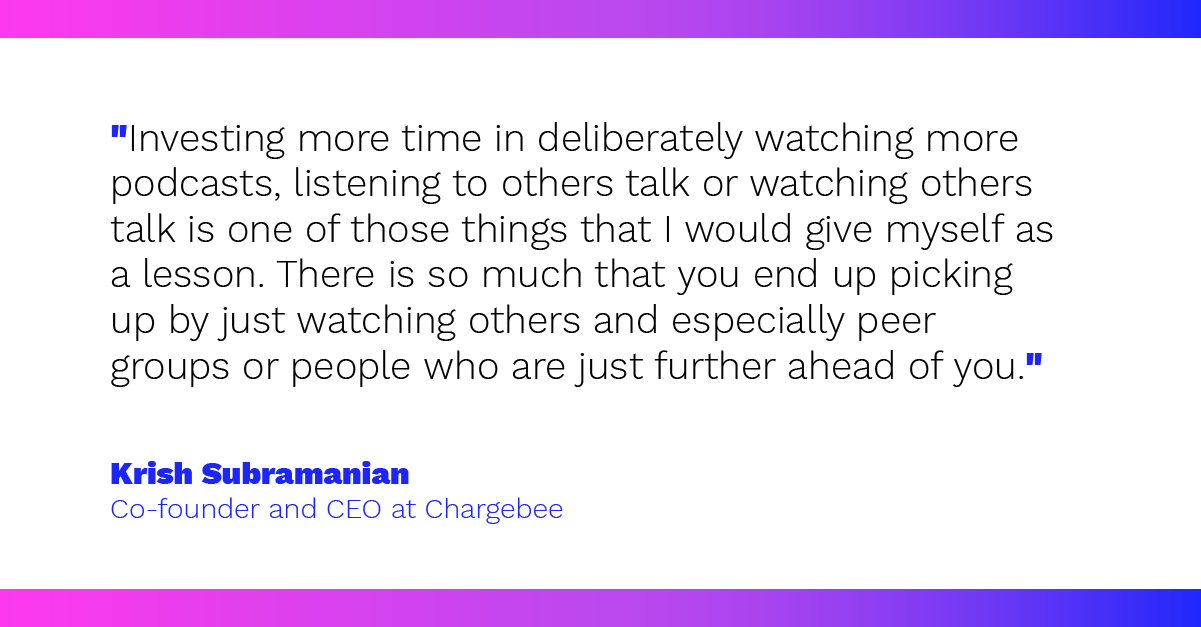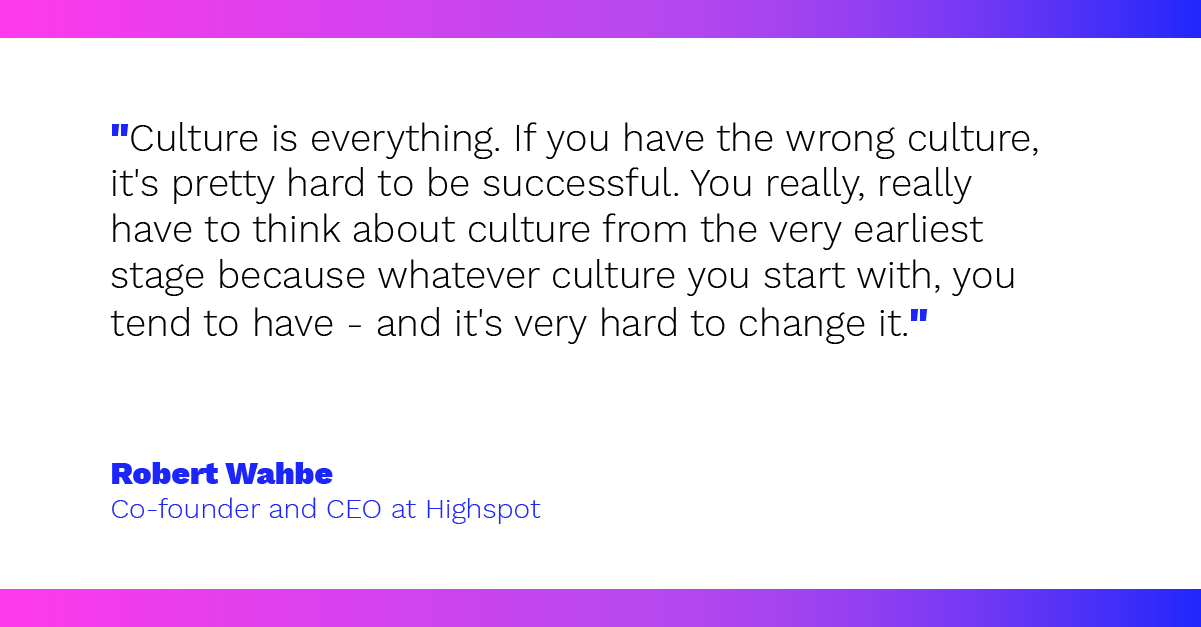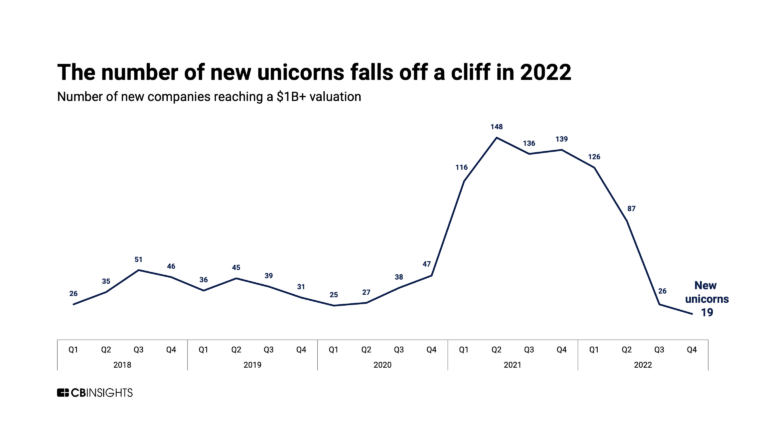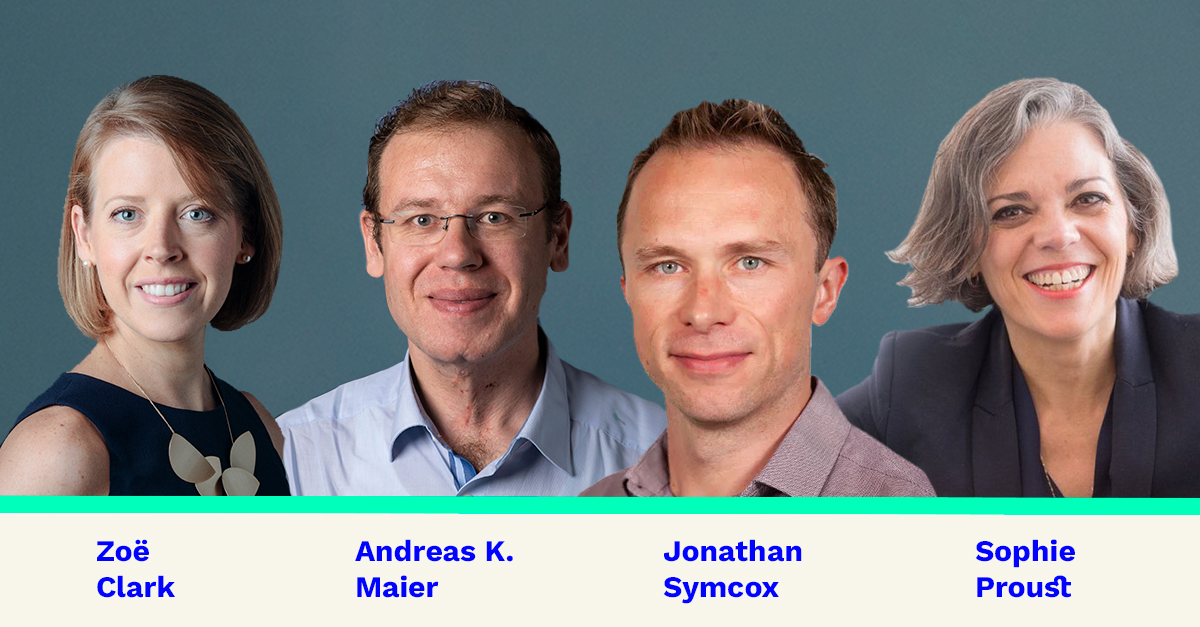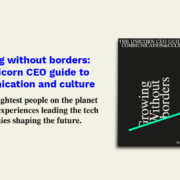Tyto’s commitment to diversity: inside our DE&I podcast series
Tyto takes a mindful approach to Diversity, Equity & Inclusion (DE&I). This means creating a workplace where people from all backgrounds and with different perspectives can thrive. With our remote model, and a team that is eclectic and culturally diverse, the habits and cultures within our company need to be inclusive.
In line with Tyto’s core value of “borderless thinking”, we launched a DEI Speakers Series within our WithoutBorders podcast. We invite industry experts to help us see the industries we are closely tied to (media, communications and tech) from different perspectives. The aims of this series are to challenge our preconceptions around our industry, help us learn new insights and skills and create a culture of inclusive thinking that we can not only bring to our own company model, but also share with our clients.
Our recent staff survey revealed that 85% of people said that they are able to be their most authentic self at Tyto. By encouraging conversations, providing resources and engaging with our team, we aim to create this inclusive environment and contribute to an industry that is moving forward by offering more accessibility and equity for everyone.
Becoming change-makers
Our topics so far have been broad and very diverse. We were able to chat with different leaders and get their views on how to make our industry a better and more inclusive place. The more we give visibility to challenges that our society faces, the better we will address our own biases and decision-making processes. Our guests have shared their takes on various topics, but also tips and advice that allow us to be accountable for our diversity and inclusion efforts, and hold ourselves responsible for making changes when necessary.
For starters, we spoke to Molly Watt,who specialises in assistive technology, about accessibility in tech. Molly is a passionate usability and accessibility consultant and motivational speaker with Usher Syndrome, and she shared with us some great advice for designing accessible products and creating inclusive work environments. She candidly spoke about her personal story and raised the importance of diversity in teams to make sure products are built in an inclusive way.
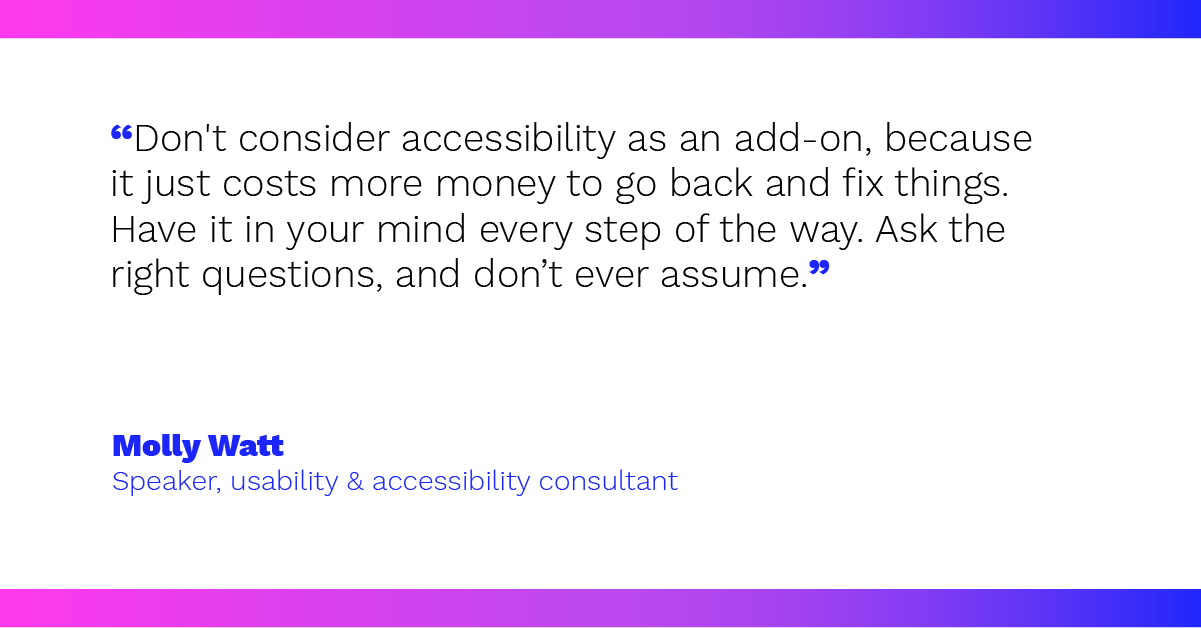
We also welcomed Rebecca Vincent, who is an American human rights activist and current International Campaigns Director and UK Office Director for our pro bono client Reporters Without Borders, an international NGO which promotes and defends the freedom of the press around the world. According to Vincent, there is a worrying trend of violence against journalists in countries that are supposed to be at peace, such as the UK, the Netherlands, Greece and Malta, among others.
As a PR agency, we recognise our work is dependent on journalism. We have a responsibility to support journalists, so we are excited to be working with the RSF and to have had Rebecca as a guest on our DEI series podcast. Listen to Rebecca Vincent’s episode to learn about the work Reporters Without Borders are doing across the world, their World Press Freedom index, the Julian Assange case, and how the state of press freedom stands today.
Ella McCann Tomlin, founder at Ardent, raised that implementing a DEI strategy in a company goes hand in hand with transforming management culture. She recognises that starting a DEI strategy can be overwhelming. The most important thing is to work from the inside out and focus on strong internal processes that leverage the voices of people most excluded within organisations. Ella challenges the performative nature of companies when it comes to DE&I and discusses the need for companies to be held accountable. In our WithoutBorders interview, Ella recognises many companies don’t know where to start and leaves practical tips for companies to adopt.
This point of view was reinforced by Ritu Mohanka, MD at Syndio, who believes that representation matters, and encourages businesses to make it happen. It’s the leaders’ responsibility to offer opportunity equity in the workplace for all. Ritu spoke about workplace equity and diversity, and her journey from conservative India to becoming an award-winning executive in European Tech. Recognition, according to Syndio’s MD, is a powerful motivator, and breaking barriers for women and acknowledging the professional achievements of the BAME community is something Ritu is hugely passionate about.
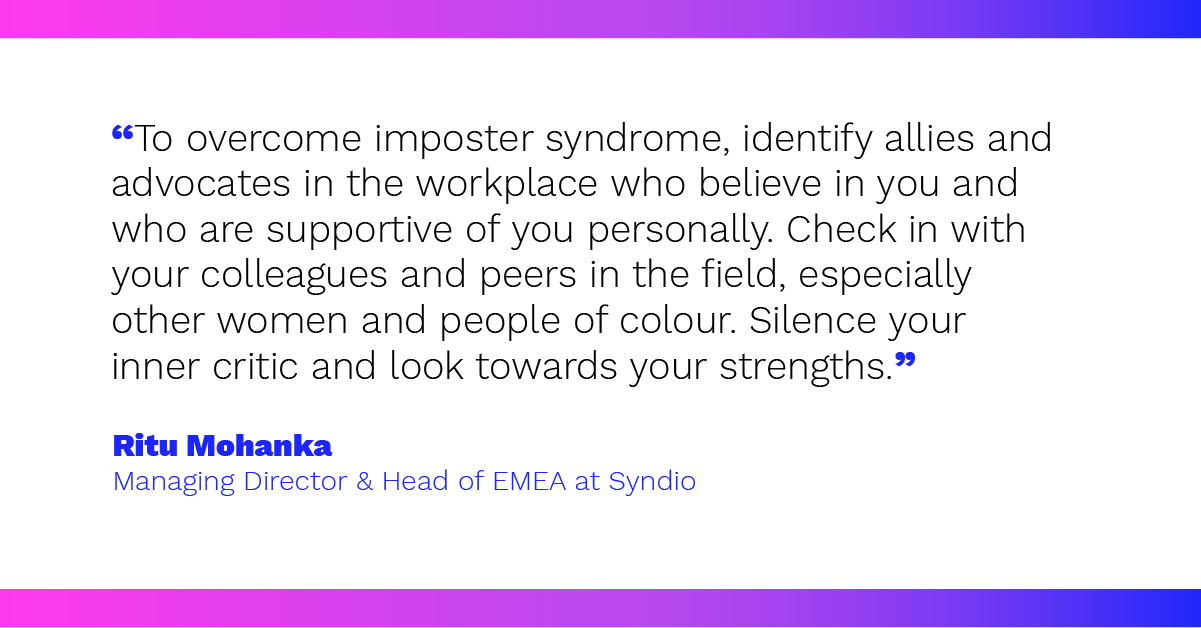
Léa Lejeune, business journalist and passionate about providing assets and finance education specifically towards women, gave us insights about her latest piece of research on what she calls ‘femwashing’. While businesses may appear to be communicating about feminism, they often fail to actually prioritise women in their policies and decision making. This disconnect between rhetoric and action, suggests a lack of genuine commitment to gender equality and highlights the need for more thorough analysis and implementation of feminist practices in the business world. Her words are particularly meaningful at this time of year as many companies gear up to mark International Women’s Day on 8th March. Offering support and recognition to women at work isn’t something that should just happen on one day.
Raising awareness within and without
By educating ourselves and opening-up our minds, we are better equipped to drive conversations around communications strategies and progress overall. We help create a safe space for our guests and our audience to learn, discuss, and celebrate the diversity of our industry. In each podcast episode, we explore how we can make our industry better.
Experts and leaders from our fields share their knowledge and learnings. Additionally, we aim to facilitate conversations around topics like unconscious bias, privilege, and how organisations can create a more inclusive and safer workplace. We believe that by creating these conversations and learning from one another, we can make our industry better for everyone. We strive to create an environment of understanding and respect, and we believe that these conversations are essential to create meaningful change.
We hope that these conversations will help us continue to build an environment where everyone can bring their authentic selves to work and be respected for their unique perspectives. Tune in to our Without Borders podcast here. And, if you have any suggestions on who should be next for our DE&I series, reach out to us!




